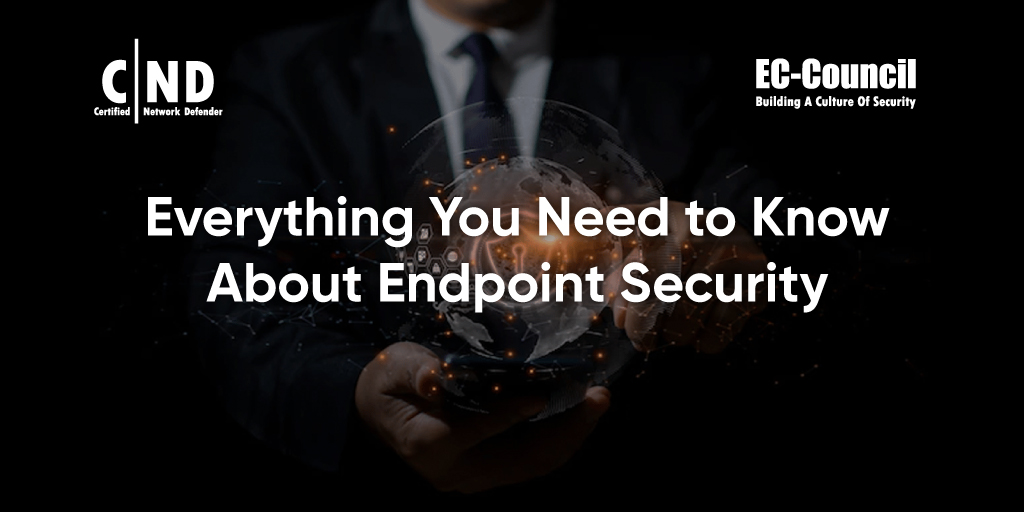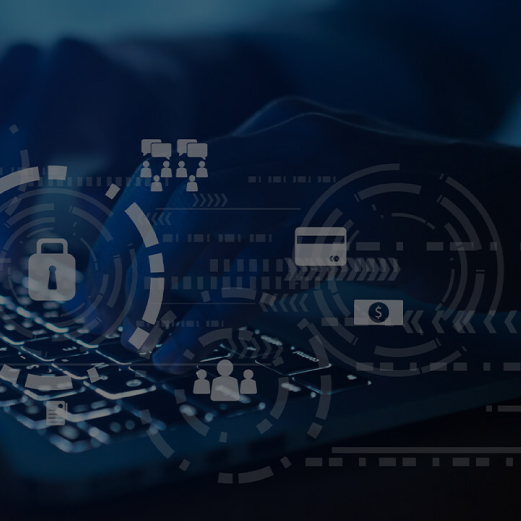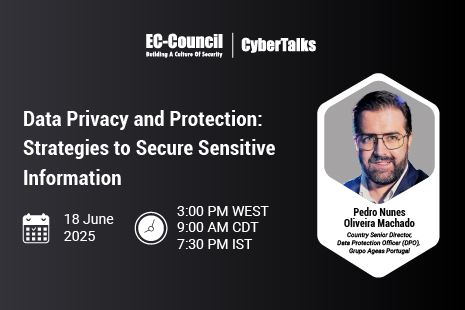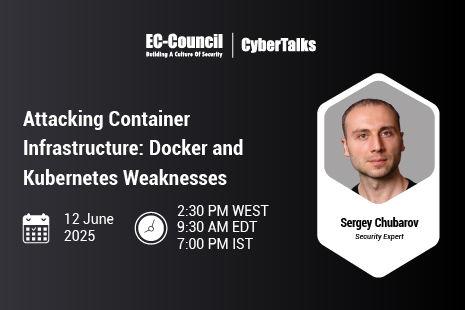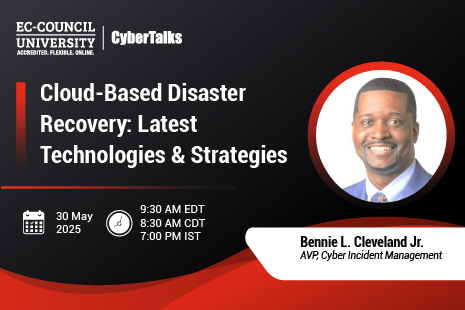What Is Endpoint Security?
Endpoint security is a term used to describe various security measures that protect computers and other devices from malware, unauthorized access, and data theft. Cybercriminals are always coming up with new methods to exploit endpoint systems vulnerabilities, so businesses need to deploy effective endpoint security solutions.
Endpoint security is important because it helps to protect sensitive data from being accessed by unauthorized individuals. Endpoint security solutions typically include features such as system endpoint detection and response, which can help to identify and respond to threats. Companies can protect against internal and external threats by consolidating multiple cutting-edge security technologies in a single, easily installed solution (Comodo, 2021). Endpoint protection is a key part of endpoint security and can help to prevent malware from infecting devices.
What Is an Endpoint Security Example?
Some examples of endpoint security solutions include:
- Firewalls: Firewalls can control traffic between endpoint devices and the network. They can help to block malicious traffic and protect endpoint devices from attackers.
- Anti-malware: Anti-malware software can be used to detect and remove malware from endpoint devices.
- Encryption: Encryption can protect data stored on endpoint devices from being accessed by unauthorized individuals.
- Access control: Access control measures can restrict access to endpoint devices and their data.
Importance of Endpoint Security
Endpoint devices are often the weakest link in an organization’s network, so it is essential to deploy endpoint security solutions to protect them. Endpoint security is vital for businesses as it helps to protect against data breaches.
Endpoint security solutions can help to detect and prevent malware from infecting endpoint devices. They can also control traffic between endpoint devices and the network and encrypt data stored on endpoint devices. By taking these measures, businesses can help to protect their endpoint devices from being compromised by cybercriminals.
What Are the Types of Endpoint Security?
There are many different types of endpoint security. Some of the common types include:
- Mobile endpoint security: Mobile endpoint security solutions protect mobile devices from malware and other threats. They typically include mobile device management, mobile application management, and mobile data protection.
- Symantec Endpoint Protection: Symantec Endpoint Protection is a security solution that provides endpoint protection, detection, and response. It includes features such as firewall, intrusion prevention, and malware protection.
- Microsoft defender for endpoint protection: Microsoft Defender for Endpoint Protection is a security solution that provides endpoint protection and detection. It includes features such as malware protection, application control, and device control.
- System endpoint detection and response: endpoint detection and response solutions are designed to detect and respond to security threats. They typically include intrusion detection, incident response, and forensics.
How Does Endpoint Security Protection Work?
Endpoint security protection typically works by combining several different security measures. These might include firewalls, intrusion detection and prevention systems, antivirus software, and more. Risk information databases are combined into the cloud-based threat information databases to give security managers immediate access to the most up-to-date threat intelligence. The goal is to create a layered approach to security that will make it more difficult for attackers to penetrate a system.
Are Endpoint Security and Antivirus the Same?
No, endpoint security and antivirus are not the same. As mentioned above, endpoint security usually includes a combination of different security measures. Antivirus is just one component of endpoint security. Antivirus software is designed to detect and remove malicious software from a system. It can be used as part of endpoint security, but it is not the only thing needed.
Is Endpoint Security the Same as Cybersecurity?
Endpoint security is an important part of cybersecurity. Endpoint cybersecurity proactively protects an organization’s devices and data that connect to its network. This type of security is critical in today’s business environment, as more devices connect to corporate networks. Endpoint security aims to protect devices from cyberthreats (Canner, 2019).
How Do You Secure an Endpoint?
There are several different ways to secure an endpoint. A layered approach is often used. Multiple security measures make it more difficult for attackers to penetrate a system. Some measures include firewalls, intrusion detection, and prevention solutions, and antivirus software.
Organizations should also have policies and procedures that govern how devices are used and accessed. For example, they might require that all devices are password protected. They might also limit what type of data can be stored on devices. By having these policies in place, organizations can help to reduce the risk of a breach.
What's the Difference Between Consumer and Enterprise Endpoint Solutions?
Consumer endpoint solutions are typically designed for personal use. They might include things like antivirus software and a firewall. These types of solutions can be effective for protecting against mobile device threats. However, they are not typically as comprehensive as enterprise endpoint solutions.
Enterprise endpoint solutions are designed for businesses. They often include various security measures, such as intrusion detection and prevention systems, application control, and more. Enterprise endpoint solutions are designed to protect against a wider range of threats (Balaban, 2021). These threats range from operating systems to big data protection. They are also typically more scalable, which implies that they can protect a larger number of devices.
How Do you Implement Endpoint Security?
Endpoint Security Components: How to Implement Endpoint Security Solutions
Several components must be in place to have a comprehensive endpoint security solution. These include:
- Anti-malware software, which scans computer systems to detecting and remove malware
- Firewalls, which serve as a barrier between a private internal network and the public Internet
- Data encryption, which enhances data security
- Device management to ensure that only authorized devices can access your network.
- User training so users can learn to keep their devices secure
Implementing an endpoint security solution can be a complex process. However, it is important to ensure that all components are in place to keep your network and data safe.
Conclusion
Endpoint security is an important part of cybersecurity. It is critical to have a comprehensive endpoint security solution in place to protect your devices and data. If you are not sure where to start, EC-Council can help. We offer some of the best courses in network security like Certified Network Defender that can help you to implement a comprehensive endpoint security solution. Visit our website today and become a C|ND professional.
References
Balaban, D. (2021). The role of endpoint detection and response in today’s enterprise security. Forbes. https://www.forbes.com/sites/davidbalaban/2021/12/17/the-role-of-endpoint-detection-and-response-in-todays-enterprise-security/?sh=4f2eeae5779b
Canner, B. (2019, July 29). VIDEO: what is endpoint security (and why it matters). Solutions Review. https://solutionsreview.com/endpoint-security/video-what-is-endpoint-security-and-why-it-matters/
Comodo. (2021). What is endpoint security? https://www.comodo.com/endpoint-protection/endpoint-security.php
About the Author
Shelby Vankirk is a freelance technical writer and content consultant with over seven years of experience in the publishing industry, specializing in blogging, SEO copywriting, technical writing, and proofreading.


